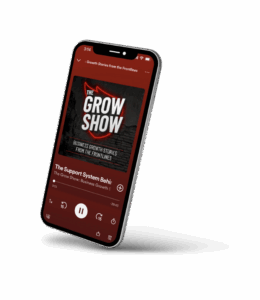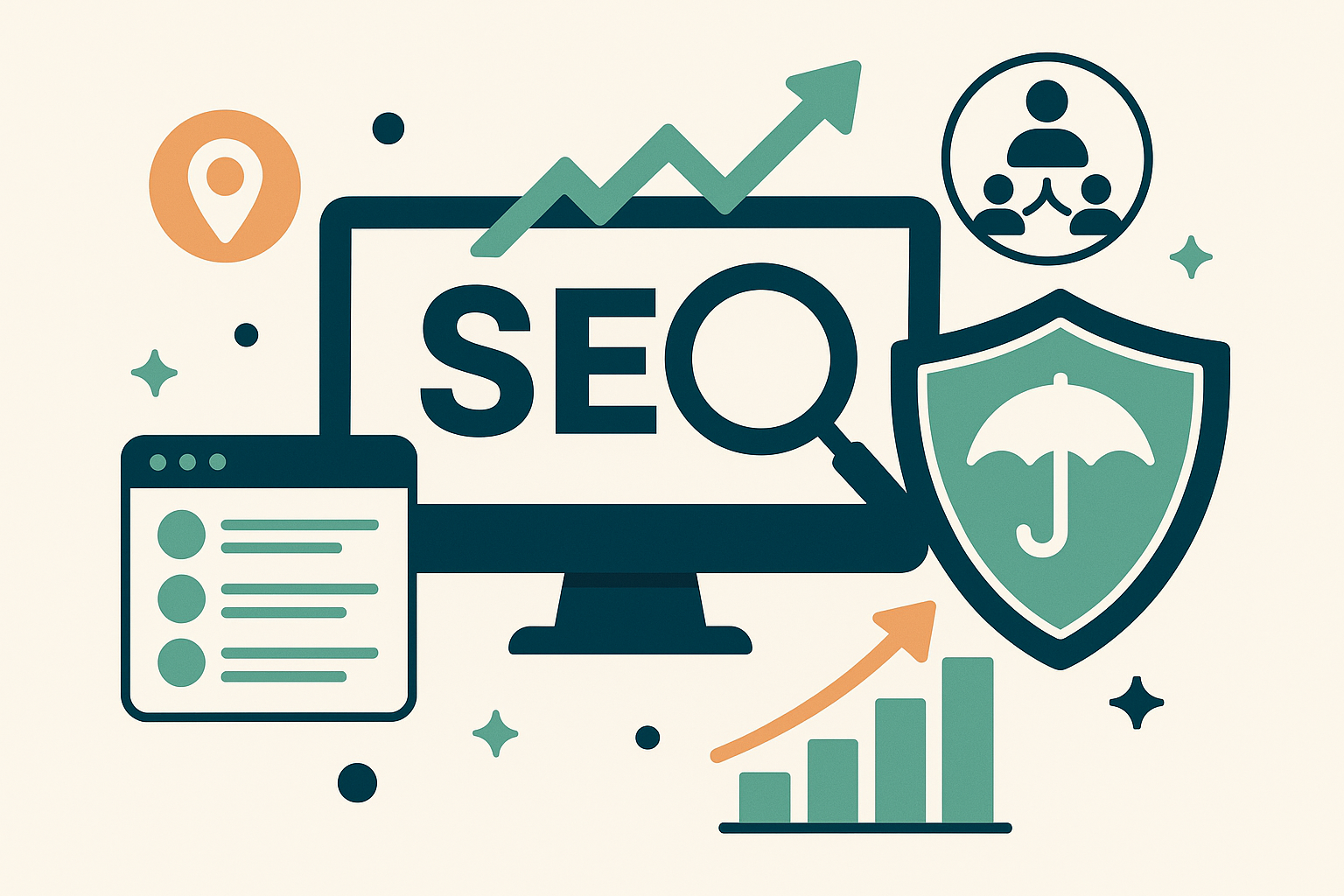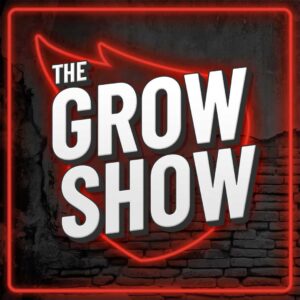In an industry built on trust, visibility matters. When someone needs insurance — whether for their home, car, business, or life — their search often starts online. If your agency isn’t showing up at the top of Google or in local maps, you’re handing leads to your competitors.
Search engine optimization (SEO) helps insurance agencies rank higher in local and organic search results, attract qualified traffic, and convert that traffic into quotes and new policies. But SEO is more than keywords — it’s about building an online presence that drives action.
In this comprehensive guide, we’ll walk you through what SEO for insurance agencies really means. From local visibility with Google Business Profiles to content marketing strategies that build trust, and conversion tracking that shows ROI, we cover everything you need to own your market.
Contents
- 1 Why SEO Matters for Insurance Agencies
- 2 Local SEO: Get Found in Your Area
- 3 Content Marketing: Build Trust and Traffic
- 4 On-Page SEO: Make Your Website Search-Friendly
- 5 Off-Page SEO: Build Authority Through Links
- 6 Conversion Tracking: Measure What Matters
- 7 Common SEO Mistakes Insurance Agencies Make
- 8 How Long Does SEO Take for Insurance Agencies?
- 9 Combining SEO with Other Digital Channels
- 10 Final Thoughts: Own Your Market with Strategic SEO
Why SEO Matters for Insurance Agencies
Insurance buyers are cautious. They don’t make impulse decisions. They compare providers, read reviews, and look for agents they can trust. SEO ensures your agency appears when people are actively searching for what you offer.
Benefits of SEO for Insurance Agencies:
- Higher visibility for local and industry keywords
- Increased traffic from qualified prospects
- Stronger brand credibility
- More inbound leads with lower acquisition cost
- Long-term results that compound over time
Unlike paid ads, which stop when your budget runs out, organic search rankings generate ongoing leads without continuous ad spend.
Local SEO: Get Found in Your Area
Most insurance decisions are local. Homeowners, drivers, and business owners want to work with agents they can meet face-to-face or call during office hours. Local SEO puts your agency on the map — literally.
Step 1: Optimize Your Google Business Profile (GMB)
Your Google Business Profile (formerly Google My Business) is often the first impression a local prospect gets. It appears in Google Maps and the local 3-pack above organic results.
Best Practices:
- Claim and verify your listing
- Use your exact business name and accurate NAP (Name, Address, Phone Number)
- Choose the right categories (e.g., Insurance Agency, Auto Insurance)
- Add service areas and business hours
- Upload real photos of your team and office
- Post updates and offers regularly
- Encourage and respond to customer reviews
Step 2: Build Local Citations
Citations are listings of your business across the web. They reinforce trust and help Google verify your location.
Top citation sites for insurance agencies include:
- Yelp
- Better Business Bureau (BBB)
- Yellow Pages
- Facebook Business Page
- Chamber of Commerce
Ensure consistency in your NAP across every directory.
Step 3: Add Local Schema Markup
Schema is structured data that helps search engines understand your site content. Local schema tells Google you are a local business, increasing your chance of showing up in rich results.
Add schema for:
- Business name
- Address and coordinates
- Phone number
- Business hours
- Services offered
Use tools like Google’s Structured Data Markup Helper or Schema.org generators to create your code.
Content Marketing: Build Trust and Traffic
Quality content helps your agency rank for long-tail keywords, educate prospects, and generate leads even while you sleep. It also establishes your agency as a helpful, knowledgeable partner.
Types of Content That Work for Insurance Agencies:
1. Coverage Guides
Break down complex topics into simple, scannable guides.
Examples:
- “The Ultimate Guide to General Liability Insurance”
- “Auto Insurance: What Every First-Time Driver Needs to Know”
- “Understanding Workers’ Compensation Requirements by State”
These guides can target both broad and niche terms, bringing in steady organic traffic.
2. Location-Specific Service Pages
If you serve multiple cities or counties, create separate pages optimized for each location.
Examples:
- “Homeowners Insurance in Charlotte, NC”
- “Small Business Insurance for Miami Entrepreneurs”
These pages should include local references, testimonials, and links to local organizations to reinforce relevance.
3. Blog Posts and FAQs
Use blog content to answer timely or seasonal questions.
Ideas:
- “Should I Bundle My Home and Auto Insurance?”
- “How Much Does Business Insurance Cost in 2024?”
- “What Happens If You Miss a Life Insurance Payment?”
Add internal links to service pages and quote forms.
4. Video and Visual Content
Video content increases time on site and builds trust quickly.
Examples:
- Meet-the-agent intro videos
- Explainers on policy types
- Client testimonials
Host videos on YouTube and embed them in your blogs or landing pages.
On-Page SEO: Make Your Website Search-Friendly
Every page on your site should follow on-page SEO best practices. This makes it easier for search engines to understand what your site is about — and easier for users to take action.
Key On-Page Elements:
- Title Tags: Include your target keyword near the beginning
- Meta Descriptions: Write compelling summaries that include your keyword
- Header Tags (H1-H3): Structure your content with clear headings
- URL Structure: Keep URLs short, descriptive, and keyword-rich
- Internal Linking: Link to related pages and blog posts to improve crawlability
- Mobile Optimization: Ensure your site is responsive and loads quickly
Use tools like Screaming Frog, SEMrush, or Ahrefs to audit your site’s SEO health.
Off-Page SEO: Build Authority Through Links
Google sees backlinks (links from other websites to yours) as votes of confidence. The more high-quality sites that link to your content, the more authority your site gains.
Link Building Strategies:
- Guest Blogging: Write articles for local news sites or industry blogs
- Sponsor Events: Get listed on partner and event websites
- Press Releases: Announce milestones like awards, office openings, or expansions
- Testimonials: Give testimonials to business partners in exchange for a link
Aim for links from sites that are:
- Local (e.g., Chamber of Commerce)
- Relevant (e.g., financial blogs)
- Authoritative (e.g., news outlets)
Conversion Tracking: Measure What Matters
SEO is not just about traffic — it’s about results. Conversion tracking helps you understand which pages, keywords, and content actually generate leads.
What to Track:
- Quote form submissions
- Phone calls (use dynamic call tracking numbers)
- Chat interactions
- Newsletter signups
- Contact form fills
Tools to Use:
- Google Analytics 4 (GA4)
- Google Tag Manager
- CallRail or WhatConverts
- HubSpot or Zoho CRM
Use goal tracking and custom events to link SEO performance directly to revenue-generating actions.
Common SEO Mistakes Insurance Agencies Make
1. Ignoring Local Optimization
Ranking for “life insurance” nationally won’t help if you’re a local agent. Always start with local SEO.
2. Duplicate Content
Avoid using the same content across service pages or copying from carriers’ websites.
3. Slow Website Speed
A slow site hurts rankings and conversions. Use tools like PageSpeed Insights to improve load time.
4. No Clear Calls-to-Action
Even the best content needs a next step. Add CTAs to quote forms, scheduling tools, or contact pages.
How Long Does SEO Take for Insurance Agencies?
SEO is a long-term investment. You may see some movement in rankings within 60–90 days, but consistent results typically take 6–12 months.
Factors that affect speed:
- Domain age and authority
- Competition in your area
- Content quality and volume
- Backlink profile
- Technical SEO health
Agencies that invest in SEO alongside PPC, social media, and email marketing see the best results.
Combining SEO with Other Digital Channels
SEO performs even better when supported by other channels:
- PPC: Use SEO data to inform keyword targeting
- Email: Share blog content and promote coverage guides
- Social Media: Drive traffic to local or educational pages
- Reputation Management: Encourage Google reviews to boost local SEO
Your digital strategy works best when channels reinforce each other.
Final Thoughts: Own Your Market with Strategic SEO
SEO for insurance agencies is about more than just ranking for a few keywords. It’s about becoming the go-to authority in your area and industry. With a smart mix of local optimization, content marketing, conversion tracking, and ongoing technical improvements, your agency can attract more inbound leads without relying solely on paid ads.
Want to see how your agency is performing in local and industry search?
Request a free SEO audit from Abstrakt. We’ll identify gaps, uncover opportunities, and build a strategy to help you dominate your local market — and beyond.

Madison Hendrix
Madison has worked in SEO and content writing at Abstrakt for over 5 years and has become a certified lead generation expert through her hours upon hours of research to identify the best possible strategies for companies to grow within our niche industry target audiences. An early adopter of AIO (A.I. Optimization) with many organic search accolades - she brings a unique level of expertise to Abstrakt providing helpful info to all of our core audiences.
- Madison Hendrix#molongui-disabled-link
- Madison Hendrix#molongui-disabled-link
- Madison Hendrix#molongui-disabled-link
- Madison Hendrix#molongui-disabled-link







